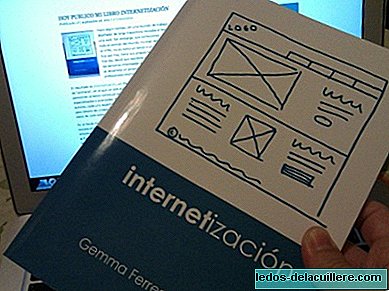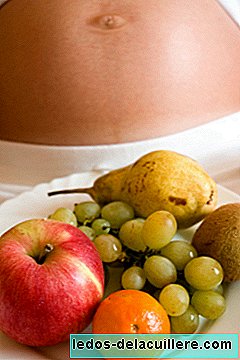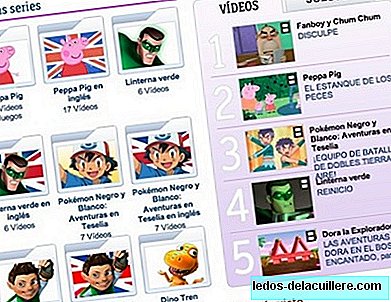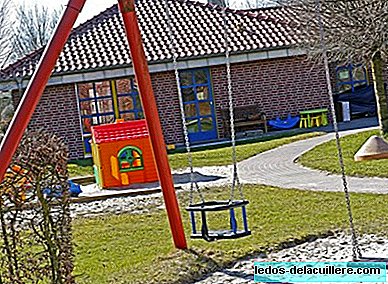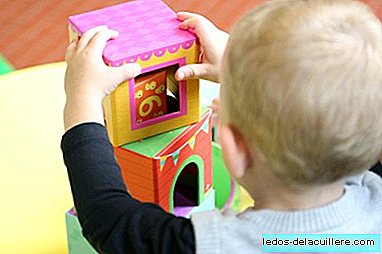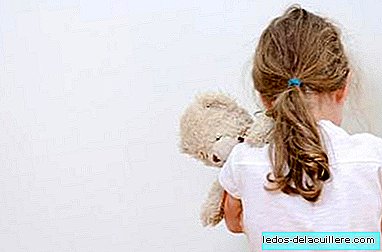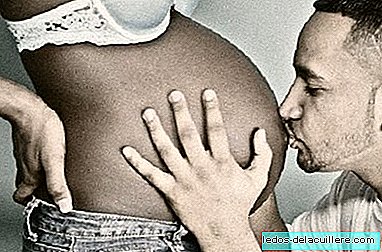
According to a study published this week, babies living in a bilingual environment learn the difference between the two languages even from before birth. The newborn is able to distinguish the existence of two languages if he has previously heard them from the womb, in front of a baby who only heard a language from the womb and only pays interest to it.
Researchers in psychology at the University of British Columbia in Canada and a researcher from the Organization for Economic Cooperation and Development have studied two groups of newborns, one of whom had only heard the mother speak in English from the womb and the other had heard the mother in English and Tagalog (language of the Philippines).
We know that the sounds that best reach the fetus are those emitted by the mother, so if the mother is bilingual and speaks regularly in two languages, the baby will “recognize” those languages, discriminating each of them, and the road to bilingualism opens for him, although obviously he will need to continue receiving these differentiated stimuli.
The scientists used the method of measuring suction, a reflection of the newborn that increases when it shows interest. By exposing newborns to speeches in English and Tagalog, monolingual babies were more interested in English than in Tagalog, while bilingual children showed equal preference for both languages.
The study, titled “The Roots of Bilingualism in Newborns” ("The roots of bilingualism in newborns") has been published in the journal "Psychological Science".
The results suggest that prenatal exposure to bilingualism already affects babies' preferences for language and their "predisposition" to become interested, differentiate and learn both languages. Bilingual babies, already from the womb and without having pronounced his first word. Of course, let's not try to "teach" English by speaking to the belly ...


